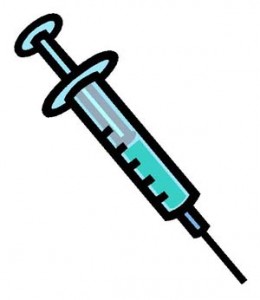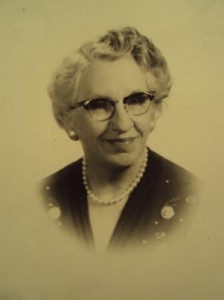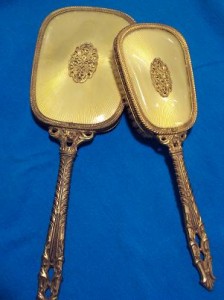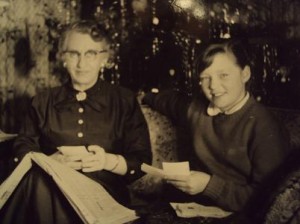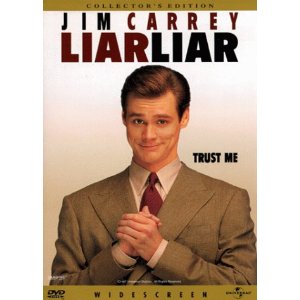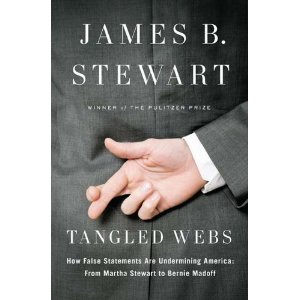When newborns come into the world, they arrive with a clean slate which usually includes freedom from disease. We parents immediately jump in to keep it that way by yo-yo-ing back and forth to the pediatrician until our children virtually hate their doctor. That’s because every appointment includes a vaccination.
All 7 of our kids had the same pediatrician, a wise, gentle man we grew to love as a personal friend. When the kids would ask, “Am I having a shot today?”
He’d say, “No. Just a vaccination.”
Splitting medical hairs didn’t do much to cheer them, but by kindergarten, 99% of all needle-visits were over. The upshot of all their shots was freedom from the painful diseases former generations had to experience.
It’s been many decades since I had a vaccination. Well, until last week. Although I’ve never had a flu shot, the upcoming illnesses of old age are just ahead, and new vaccinations can prevent some of them. One virus I’d like to avoid is shingles, a painful skin rash that can hang on for months.
Even though doctors are promoting the vaccine for folks over 60, it’s not 100% effective. But a vaccinated person who does gets shingles won’t suffer the same intensity of pain.
Mom had shingles the year before she died, and nothing could soothe the fiery nerve pain on her neck and scalp. Shingles can even travel into ears and eyes, causing permanent damage. So last week, I decided to roll up my sleeve along with other shingles vaccinationees and get jabbed.
Too bad there’s not an inoculation for sorrow and heartache. We could all bop through life wearing big grins, and worries would be a thing of the past. No more middle-of-the-night anxieties or games of what-if. Happy thoughts would dominate, and contentment would be much easier to find.
The only problem would be our numbness. Being protected from the negatives would mean being deadened to the positives, too. If we couldn’t feel sadness, how could we feel happiness? Each human emotion needs its counterbalance.
On the day Nate died, all of us suffered raw pain. But would we rather not have had him at all? No, because that would have eliminated thousands of joy-filled days.
Thinking of this dilemma in a biblical way, if we were able to opt out of sorrow, we’d miss God’s special promises to the brokenhearted. If we didn’t experience affliction, we’d miss his deliverance. If we didn’t suffer guilt over sin, we’d never know the relief of forgiveness.
Even Jesus wasn’t inoculated against sorrow. If he hadn’t willingly been crushed for us, we wouldn’t now have access to spiritual healing.
So, if a vaccination against heartache did exist, we probably shouldn’t get in line for it. Just think of the counter-balancing blessings we’d have to miss.
Jesus said, “You may have peace in me. Here on earth you will have many trials and sorrows. But take heart, because I have overcome the world.” (John 16:33)


